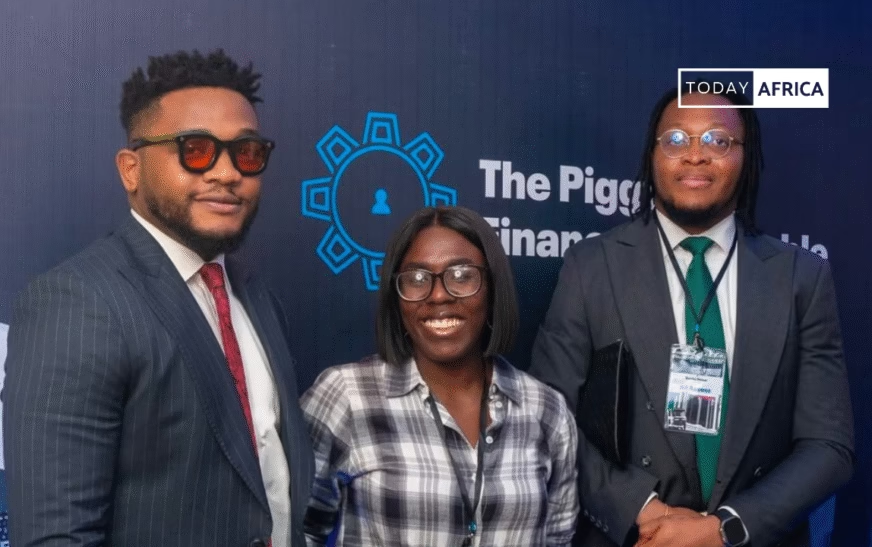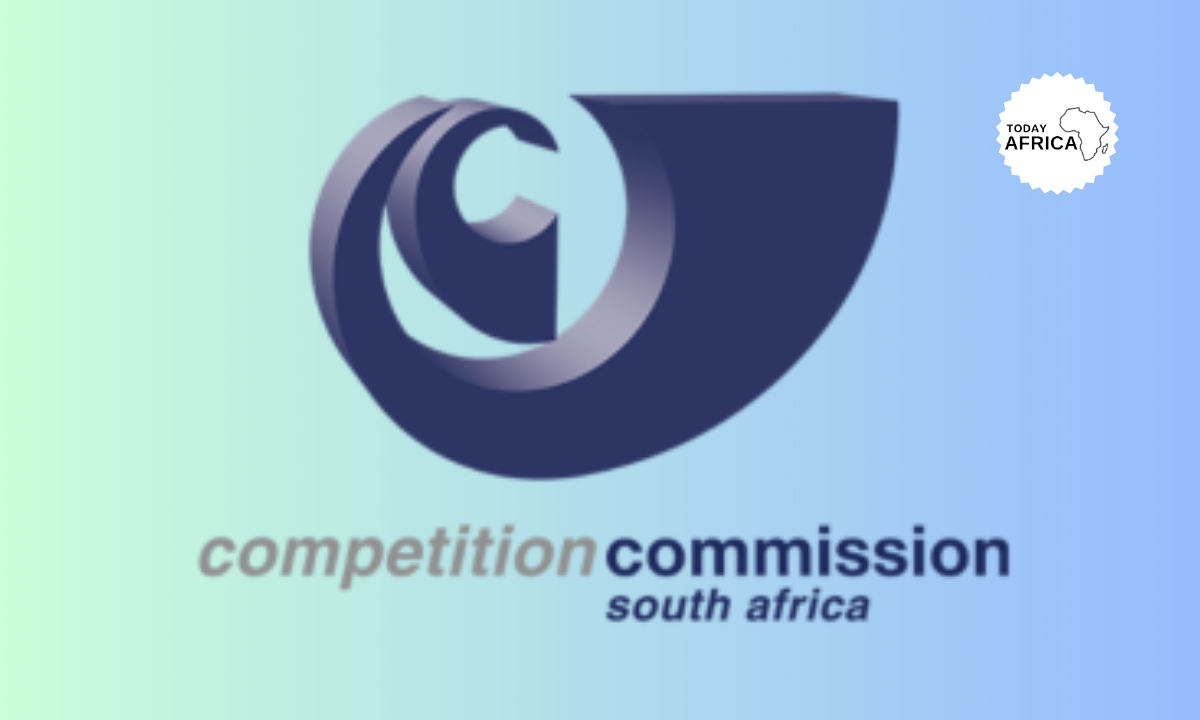Starting a business in Africa is thrilling and brutal.
There’s this rush of optimism at the beginning: you’ve got the idea, the drive, maybe even a co-founder or two who believes in the dream.
You’re sketching plans in cafés, posting your “coming soon” teaser on LinkedIn, and imagining the press feature that’ll announce your startup to the world.
But somewhere between that dream and the first 12 months, many African startups hit the wall. Not because the idea was bad — but because the execution, structure, or timing went off course.
The first year is where most mistakes happen, and in Africa’s fast-changing business landscape, those mistakes can be costly.
This post breaks down the 10 mistakes African founders make in their first year, the ones that quietly sabotage promising ventures before they ever find traction.
10 mistakes African founders make in their first year
1. Ignoring the problem, market fit
The first and most fundamental mistake is building a product without confirming that it solves a real problem for real people. Many African founders start with enthusiasm, not evidence. They fall in love with their idea instead of the problem.
There’s a difference between creating something interesting and something necessary.
Too often, founders get caught up in what’s trending, fintech, agritech, mobility, healthtech, and forget that markets don’t move because of trends; they move because of need.
You can build the most polished app in Africa, but if it doesn’t address a pain point strong enough to change someone’s daily behavior, it will fade quietly into the noise.
Take an example from the Nigerian fintech scene. Over the last few years, dozens of payment apps have launched, but only a handful have survived. The difference wasn’t funding or branding, it was clarity.
Startups like Flutterwave and Paystack didn’t just create another payment solution; they simplified what was already frustrating millions of merchants. They knew exactly who they were serving and what pain they were solving.
Founders who skip this stage often say things like, “People will get it once we launch.” But they rarely do.
The smartest founders test early, even if it’s just with a landing page, WhatsApp group, or short survey.
They listen. They adjust.
And they make sure the problem is real before spending money solving it. That validation stage is what separates sustainable startups from expensive experiments.
2. Poor financial planning
There’s a silent optimism that creeps in when you start, the belief that things will “work out somehow.”
But the first year of a startup has a cruel rhythm: money runs out faster than you expect, and revenue takes longer than you hope.
Many founders underestimate just how expensive it is to stay alive. Even if your business is digital, you still face costs, data subscriptions, domain hosting, staff stipends, transportation, tools, and power backups.
The first mistake is not tracking them. Without a realistic budget and cash flow plan, you end up reacting instead of planning, and that’s how good ideas die.
Financial discipline isn’t glamorous, but it’s everything. Every founder should create a 12-month forecast, even if it’s rough, to understand what they need to survive each month.
Know your runway: how many months you can keep going at your current spending rate without new income. Adjust often. Cut what doesn’t drive growth.
Another trap is mixing personal and business money.
Many founders dip into personal funds, or worse, treat revenue as their own paycheck. It creates confusion and blinds you to whether your business is actually profitable.
Opening a separate business account is not just administrative; it’s psychological. It forces structure and accountability, and it helps you look credible when the time comes to raise funds or form partnerships.
The first year is about staying alive long enough to learn. Cash is oxygen. Treat it like that.
See Also – Bootstrapping Business Growth Through WhatsApp Commerce
3. Building alone
African entrepreneurship often glorifies the “self-made” story, one brilliant mind grinding day and night until success happens. But in reality, no founder builds alone.
The first year is too complex for one person to carry.
Many founders hesitate to bring others on board because they fear losing control or sharing equity. Others have been burned by unreliable partners and prefer to “just do everything themselves.”
But isolation becomes a bottleneck. You move more slowly, make poorer decisions, and burn out faster.
A good co-founder or small founding team multiplies your capacity.
Someone who complements your weaknesses, maybe they’re technical while you’re business-focused, or operational while you’re visionary, can make all the difference.
You don’t have to hire full-time staff immediately, but you need trusted collaborators.
Team culture also starts earlier than most people realize. Even if you only have two people, define how you communicate, how you make decisions, and how you handle conflict.
The habits you form in the first year become the DNA of your company later.
When you’re tired or uncertain, having someone to share the load with isn’t a luxury. It’s survival.

4. Chasing investors too early
This one is almost a rite of passage. A new founder raises a few thousand dollars, and the next goal immediately becomes, “We need to raise our seed round.”
It’s understandable, funding looks like the fast lane. But more often than not, chasing investors too early derails your focus.
Investors are not saviors. They are partners looking for evidence that your idea works.
Without traction, meaning paying users, measurable growth, or some proof of demand, you’re pitching a dream, not a business. And dreams don’t raise rounds.
The irony is that the less desperate you are for funding, the more attractive you become to investors.
When you can show you’ve built something small but functional, that you understand your numbers, and that people actually want your product, you gain leverage.
The best African startups didn’t start with big money. They started lean. PiggyVest began as a savings challenge among friends.
Paystack bootstrapped long enough to refine its system before knocking on doors. Building without funding forces creativity, resourcefulness, and discipline, qualities investors later pay for.
The lesson: focus on building something worth investing in before you seek investment.
5. Ignoring legal and regulatory basics
Many African founders treat legal setup like an afterthought, something to deal with “once we grow.” But growth without structure creates problems that can cripple you later.
Without proper registration, you can’t open corporate accounts, sign formal contracts, or protect your intellectual property. You also risk losing credibility when dealing with clients or investors.
Simple paperwork like a certificate of incorporation, tax identification, or founder agreements can save you from future conflicts.
Taxes are another often-ignored area. Each African country has its own tax rules, and ignorance isn’t a defense. Failing to file returns or remit required payments can lead to penalties that swallow your early profits.
The smart move is to consult a local accountant or legal advisor early, even if just for an hour. You don’t have to register as a full-fledged company immediately, but at least operate legally.
The peace of mind it brings allows you to focus on growth without fear of the government knocking on your door.
Regulation can be unpredictable in many African markets, but structure gives you legitimacy — and legitimacy opens doors.
Read Also – Blueprint for Building a Pan-African Edtech Business
6. Neglecting marketing and storytelling
One of the biggest myths in business is that “a good product sells itself.” It doesn’t. Especially not in Africa, where trust is a bigger currency than innovation.
Many founders build for months, quietly perfecting their product, and then launch, expecting instant traction. But if nobody knows who you are or why you exist, silence greets your launch day.
Marketing isn’t an afterthought; it’s part of the product.
Telling your story early and consistently helps people connect with you long before they become customers. It’s not about bragging, it’s about building familiarity.
Share your journey: the why, the struggle, the progress. When people see the human side of your startup, they root for you.
In Africa, marketing also needs to be deeply contextual. What works in Lagos might not work in Lusaka. In some places, a single local radio spot can outperform thousands of naira in digital ads.
In others, influencer partnerships or campus ambassadors drive the biggest adoption.
Founders who ignore storytelling end up competing on features and price. Founders who tell stories build brands that outlast trends.
7. Scaling too fast
There’s a special kind of excitement that comes with early traction. A few customers love your product, a few media features appear, and suddenly, expansion feels urgent.
But premature scaling has destroyed more African startups than competition ever has.
The temptation is to do everything at once, hire more staff, launch in multiple cities, or diversify offerings.
But without proper systems, growth becomes chaos. You lose track of expenses, quality drops, and the culture that once held your team together starts to crack.
Scaling should be data-led, not ego-led. Before expanding, ask: are customers staying, not just signing up? Are we profitable per unit sold? Are our operations efficient enough to handle twice the volume?
Build internal systems before scaling, simple documentation, clear processes, and basic analytics dashboards. Even small things like tracking customer tickets or defining how decisions are made can prevent collapse later.
Growth should amplify stability, not chaos.
8. Poor customer experience
If you’ve ever used a service in Africa that ignored your complaint, you know how powerful customer frustration can be. One bad experience can undo months of good marketing.
Founders often obsess over acquiring new users while neglecting the ones they already have. But retention, the ability to keep customers coming back, is what determines survival.
In Africa’s word-of-mouth economy, one loyal customer can bring ten more; one disappointed customer can scare away fifty.
Customer experience begins with empathy. Respond to messages promptly. If you make a mistake, admit it and fix it. People don’t expect perfection; they expect honesty and care.
Companies like PiggyVest or Bamboo have grown partly because of how they communicate clearly, respectfully, and with transparency, especially during problems.
Collect feedback constantly. Every complaint is a free insight into where you’re failing.
Founders who listen to their users build products that evolve naturally, while those who assume they know best slowly drift away from what the market wants.
In short: treat every customer as a collaborator, not a transaction.
See Also – From Idea to MVP: A Founder’s Guide to Fast Testing in Africa
9. Ignoring mentorship and community
There’s a proverb that says, “If you want to go fast, go alone. If you want to go far, go together.”
That’s especially true for founders. The entrepreneurial journey is full of uncertainty, and trying to figure it out alone often leads to unnecessary pain.

Many first-time founders underestimate how valuable mentorship is. A 30-minute conversation with someone who’s been where you are can save you months of trial and error.
Experienced founders can point out blind spots, things you didn’t even know were mistakes. They can also connect you with people and opportunities that don’t show up on Google.
Africa’s startup ecosystem is richer than ever.
There are hubs like CcHub, MEST Africa, and iHub, accelerators like Techstars and Google for Startups, and online communities of founders sharing daily lessons.
The founders who plug into these ecosystems tend to grow faster, not just because of funding or visibility, but because of shared knowledge.
Community also helps you stay sane. It reminds you that failure is normal, that pivoting is part of the process, and that other people are navigating the same chaos.
In an environment where infrastructure and policy often work against startups, community is one of the few advantages you can control.
10. Neglecting personal well-being
This is the quietest and most personal mistake — and it might be the one that kills the most dreams.
Many African founders carry heavy burdens. They’re often supporting family members, dealing with unreliable power, battling self-doubt, and facing a constant sense of urgency to “make it.”
In the middle of all that, rest starts to feel like guilt. You tell yourself, “I’ll slow down once we raise money,” or “I’ll rest after launch.” But that point rarely comes.
Burnout sneaks in slowly. You start losing clarity, making reactive decisions, snapping at your team, or doubting your idea. The irony is that the more tired you get, the worse your performance becomes, and the startup suffers.
Taking care of yourself isn’t indulgence; it’s maintenance. Set small boundaries. Sleep. Move your body. Talk to people who understand the journey. Remember why you started in the first place.
And perhaps most importantly, hold your identity loosely. You are not your startup. If it fails, you’re not a failure, you’re a founder in progress.
Every successful African entrepreneur you admire today has been through moments of fear, exhaustion, and near-collapse. The only difference is, they found a way to keep going.
Conclusion
The first year of any startup is survival mode, but survival is success.
If you avoid these 10 mistakes African founders make in their first year, you’ll already be ahead of 80% of new ventures on the continent. Focus on clarity, cash flow, customers, and consistency.
Africa is filled with opportunities waiting for founders who can combine vision with discipline. Don’t just chase funding, chase impact, excellence, and community.
Leave a comment and follow us on social media for more tips:
- Facebook: Today Africa
- Instagram: Today Africa
- Twitter: Today Africa
- LinkedIn: Today Africa
- YouTube: Today Africa Studio
















